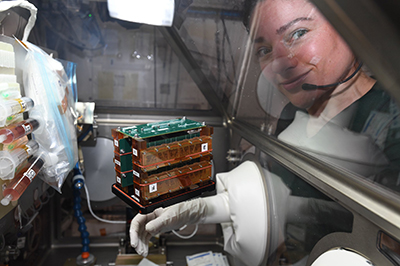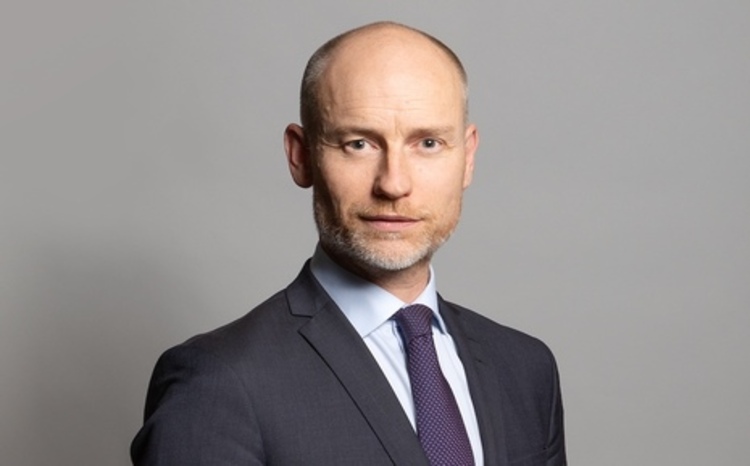First, be clear about what you want to achieve. In addition to providing context, sharing goals helps your doctor decide if the medication is appropriate for you or if other approaches might be more appropriate.
“Significant weight loss, better blood sugar control, and reduced cardiovascular risk are common goals for people seeking GLP-1 therapy,” he says. Fatima Cody Stanford, MD, MPH, specialist in obesity medicine at Massachusetts General Hospital and Harvard Medical School, both in Boston.
Other common goals include wanting to feel better physically and mentally, as well as improving endurance, mobility or longevity, he says. Allison Rhodes, MDphysician at The Ohio State University Wexner Medical Center in Columbus, board-certified in internal medicine and obesity medicine.
But don’t expect everything to happen at once, says Dr. Stanford.
“Unrealistic goals include rapid or extreme weight loss, cure of obesity, or permanent results without ongoing therapy,” he says.
Depending on what you share, your doctor can help you manage expectations and set realistic goals, even if GLP-1s aren’t right for you.



